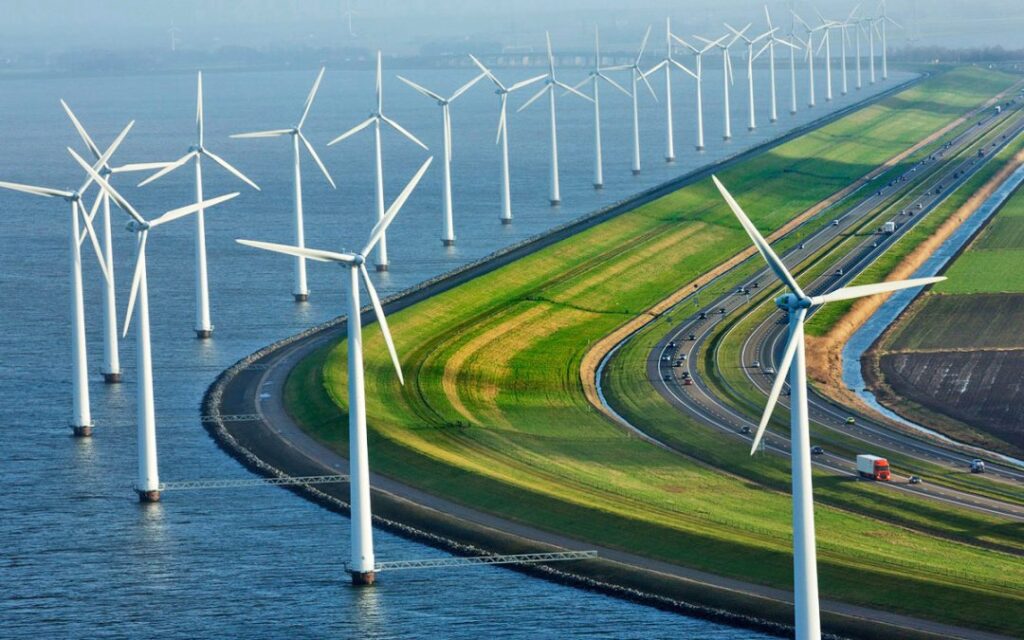During a period of 149 hours, Portugal did not depend on fossil fuels for the energy supply The company was able to generate 1102 GWh from wind, hydro and solar sources in those six days and three hours to satisfy the nation's energy demand of its more than 10 million inhabitants.
The entire 6 days that the Iberian country spent depending solely on renewable energy sources is a world record and represents a successful test run towards the climate targets of the Paris Agreement by 2050, in which countries commit to operate their electricity grids year-round, with zero carbon emissions.
As of 4:00 a.m. on October 31, the Portuguese national energy system started to be powered exclusively by renewable sources and the test period ended at 9:00 a.m. on November 6. During this period, all electrical appliances in the home and factories used in industry were powered by wind, hydro or solar energy.
Energy generation was 1102 GWh, which exceeded national consumption during the same period by 262 GWh.
"The gas plants were there, waiting to send power, in case it was needed. It wasn't, because the wind was blowing; it was raining a lot. And we were producing with a positive impact for consumers because prices have fallen dramatically, almost to zero," said Hugo Costa, head of EDP Renovables, the renewable branch of the state-owned power company in the country.
Miguel PradoThe key conclusion of this test is that it shows that the Portuguese grid is prepared for very high energy shares," said the expert in the coverage of the energy sector. renewable electricity and for its expected variation.
"It is able to manage both the sharp increase in hydro and wind production, as well as the return to a smaller share of renewables, when natural gas power plants were again called upon to supply part of the country's demand," he expounded.
It is worth noting that during the first quarter of 2023, Portugal's renewable energy plants generated enough energy to meet 72% of the country's electricity demand.
According to data from National Energy Networks (REN), hydroelectric and wind power plants accounted for the largest share of the contribution, with 34% and 27% respectively. They were followed by biomass and solar photovoltaic (PV), which covered 6% and 5% of the national demand.
REN data show that solar plants reached a new generation peak in March, with more than 1,500 MW, which is about 400 MW more than in the same period in 2022.
Sources: REVE, World Energy Trade


